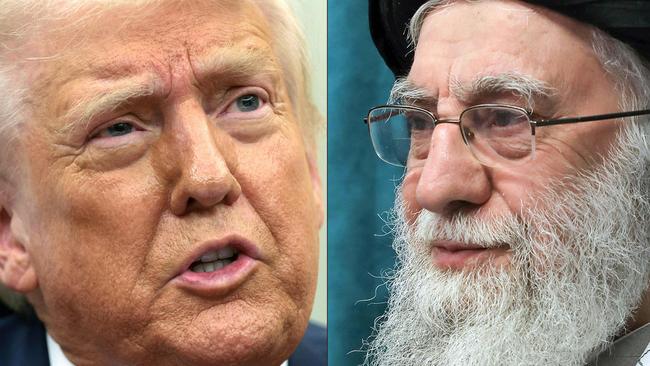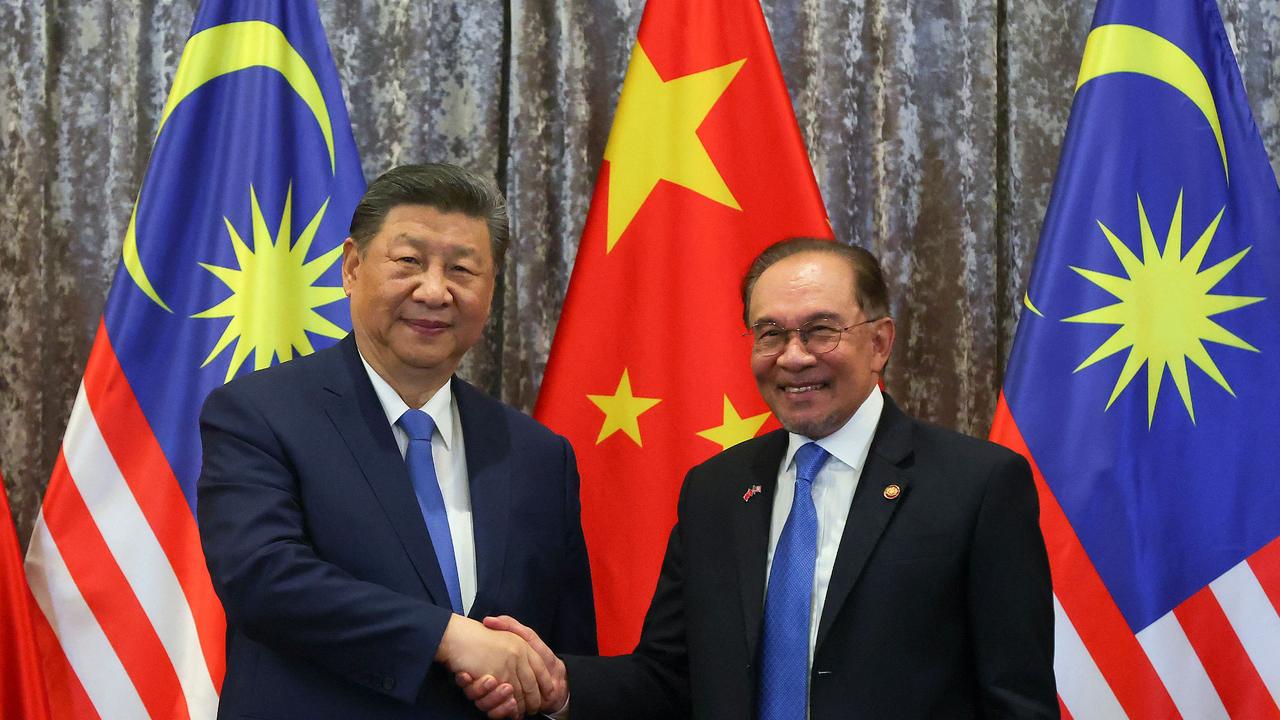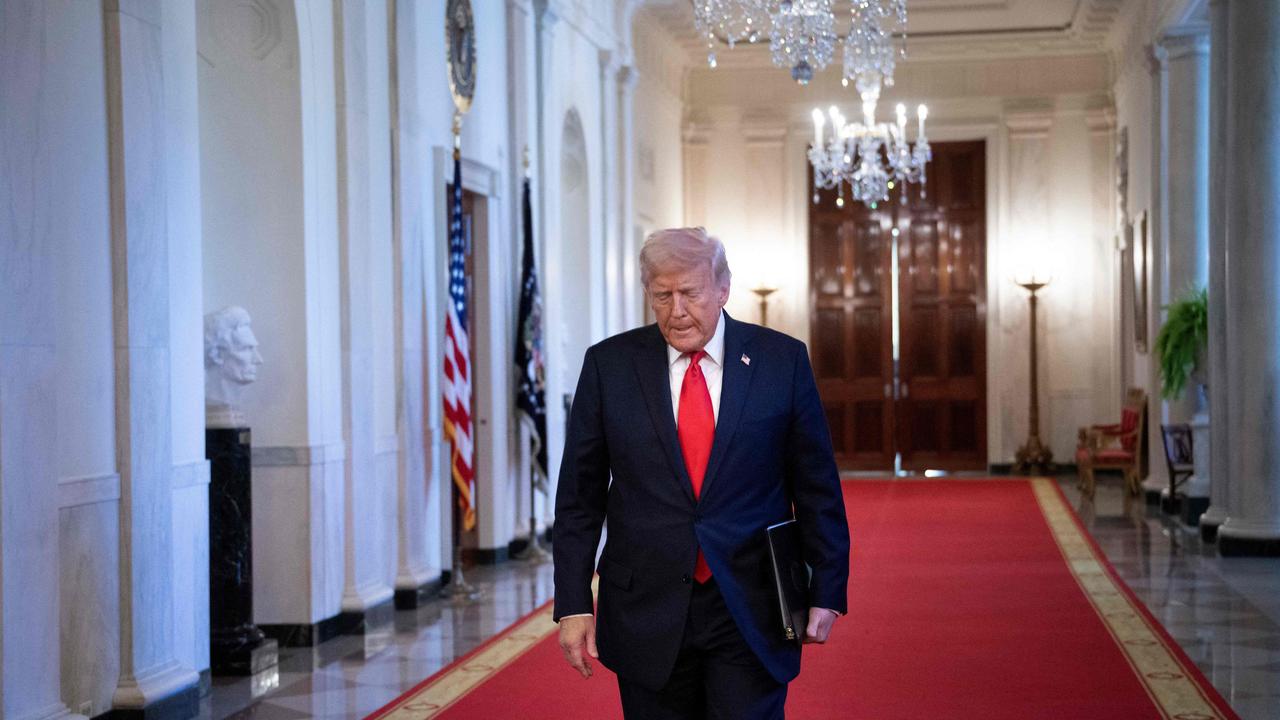Washington urges UN Security Council to act on Iran’s nuclear program
The UN Security Council must unite to call out Iran’s “brazen behaviour” related to its nuclear program, the US said on Thursday (AEDT) after a closed-door meeting on Tehran.

The UN Security Council must unite to call out Iran’s “brazen behaviour” related to its nuclear program, the US said on Thursday (AEDT) after a closed-door meeting on Tehran.
Several council members requested the meeting over the latest report from the UN’s International Atomic Energy Agency, which said Iran had significantly increased its stockpile of highly enriched uranium to 60 per cent purity – close to the 90 per cent needed for an atomic bomb.
US President Donald Trump “has made clear that Iran’s nuclear program poses a threat to international peace and security, which the Security Council is charged with protecting”, the US mission said after the meeting.
It accused Tehran of continuing to “flagrantly defy” the council and violate IAEA safeguards.
“The council must be clear and united in addressing and condemning this brazen behaviour,” the US statement said, adding Washington would persist with Mr Trump’s “maximum pressure” to keep Tehran from having a nuclear weapon.
Since his return to the White House in January, the Republican president has called for a new nuclear deal with Iran, but Tehran says no such agreement is possible as long as punishing sanctions remain in place.
Mr Trump said he sent a letter to supreme leader Ayatollah Ali Khamenei urging negotiations – and warning of possible military action if Iran refuses.
The government in Tehran has received the letter, Iranian media said. Khamenei meanwhile reiterated that his country was not seeking to develop atomic weapons and called US threats “unwise”. He also said Mr Trump’s offer of talks was aimed at “deceiving the world’s public opinion” by presenting the US as ready to negotiate and Iran as unwilling.
At UN headquarters in New York, Britain’s deputy UN ambassador James Kariuki evoked the possibility of activating the so-called “snapback” mechanism, which would allow for the reimposition of international sanctions on Tehran.
“We are clear that we will take any diplomatic measures to prevent Iran acquiring a nuclear weapon, and that includes the use of snapback if needed,” Mr Kariuki told reporters.
AFP



To join the conversation, please log in. Don't have an account? Register
Join the conversation, you are commenting as Logout